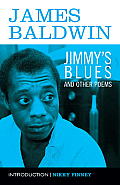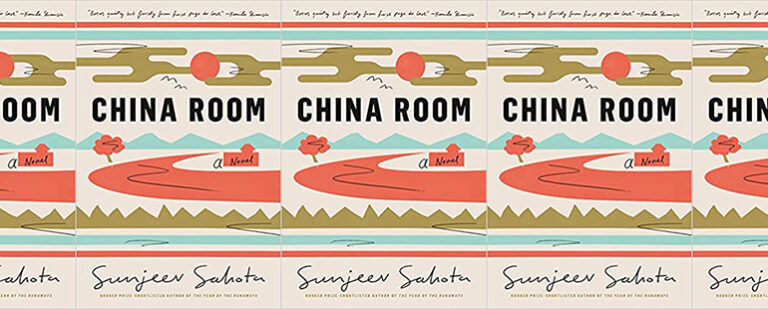We Are Hungry, Michele Morano, for More
 You have probably come across Michele Morano’s essay collection, Grammar Lessons: Translating a Life in Spain, at nonfiction conferences with presenters hailing it as an exemplary form of nonfiction. One of its essays, “The Queimada,” has been published in many anthologies. This contemporary classic illustrates the heights of the travel memoir genre. Read some brief excerpts of her work here.
You have probably come across Michele Morano’s essay collection, Grammar Lessons: Translating a Life in Spain, at nonfiction conferences with presenters hailing it as an exemplary form of nonfiction. One of its essays, “The Queimada,” has been published in many anthologies. This contemporary classic illustrates the heights of the travel memoir genre. Read some brief excerpts of her work here.
This title from Sightline Books, the Iowa Series in Literary Nonfiction from the University of Iowa Press, edited by Patricia Hampl and Carl H. Klaus, is almost painfully exquisite travel writing. Morano’s stories plum universal depths to reveal that gooey thing known as the human condition, making her book appealing to those who’ve never left home.
The book of thirteen essays is divided into three sections. The first concerns her year of living in Oviedo, teaching English and recovering from a consumptive relationship with a man she left back in the States. In the second section she writes about subsequent trips to Spain, trying to recapture some of the initial spark of travel yet it digs deeper into her first trip. The third section contains post-travel essays.
Morano writes about the fun and frivolities of language as only writers know. She is immersed in language as a student of Spanish and an English teacher.
“I am hungry, we say in English,” she writes in “Having Hunger,” an essay about language, passion, and hunger. “But in Spanish one uses a noun, as if naming a possession, a visitation, a tide of physical yearning. Tengo hambre: I have hunger.”
This essay’s intro showcases Morano’s deft ability to create a subtle double entendre. Yet again it contains those qualities of universality in which we witness our own hunger for routine, people, familiarity, touch, spontaneity, sex, and, food.
“I’ve internalized the rhythmic spacing of our meetings so that if I haven’t seen them for ten days, I wake up in the morning craving their conversation,” she writes. “This, too, is a kind of hunger, part of the compendium of desires that grows out of living in a temporary way.”
Morano has a tremendous gift for lyrical language too. She doesn’t rely on it, using so much of it that the pages are weighted down by poetic ooze. Rather, she understands it’s like a spice that best works when used at the right time and in the right quantity. Take “In the Subjunctive Mood.” The subjunctive mood, for instance, is a language device used more in Spanish than in English and, she claims, is a bit like falling in love with a car that really isn’t that special on paper.
“It’s like being in love with the possibilities, with the places you might go and the experiences you might have, that you pick up your new used car without quite knowing how to drive it, sputtering and stalling and rolling backward at every light.”
Morano skillfully turns the cliché into the profound. This is apparent in “On Climbing Peña Ubiña.” In this, she decides to climb Peña Ubiña with a group of friends. It causes physical pain tantamount to the emotional pain plaguing her. She has moved to Spain in an attempt to get some breathing space from a boyfriend whose life has become emotionally and mentally erratic. Instead of wallowing in her sadness throughout the essay, she sees the climb as an opportunity for growth and observation.
One example is the moment she recognizes burgeoning sexual feelings for a member of her social circle:
“I became aware of this several weeks ago, after an amorous dream about José that occurred while I was spending the weekend with him and Yolanda in the country. Upon wakening in the early morning, I got up and headed to the bathroom, nearly running into José in the hall.”
We continue to relate when she tries to convince herself to have an affair because no one will be hurt. We also relate when she’s betrayed by the man she didn’t want to return to, and when she observes another couple’s imminent breakup.
From its lyrical language to the poetic observations, Grammar Lessons belongs in every nonfiction writer’s library. This book conveys superlative literary qualities in getting vertical to find the profound, achieving universality, and having fun with language while still manifesting it beautifully and artistically.
Image: Michele Morano by Joe Mazza


